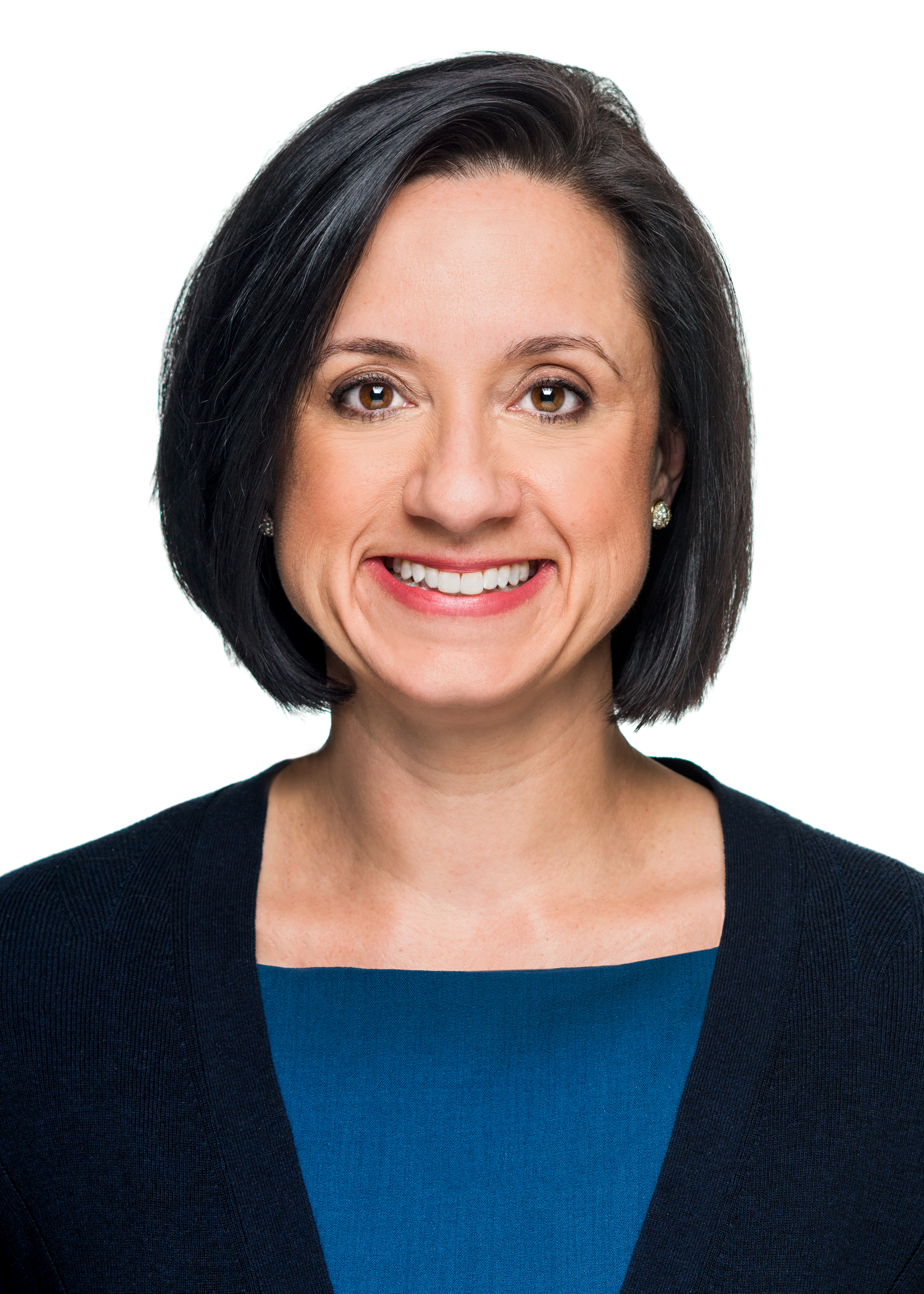Leadership development and learning models have always evolved based on organizations’ needs and technology. Yet as global dynamics shift and the pace of change increases, our strategies must evolve to facilitate authentic and effective leadership.
I’m often asked for advice about leading and managing teams during uncertainty, and I come back to the importance of swift decision making. There were moments in the spring of 2020 when I was managing our company’s COVID-19 response when I felt grateful to rely on my years of navigating corporate communications, HR strategy, and crisis management. Transitions and bumps are inevitable—it’s how we deal with them that matters.
In uncertain times, employees also need to know that their interdisciplinary perspectives and humanity are valued, and that their work is important. This is where strategic communication meets talent, learning, culture, and more. I have had the privilege of leveraging my many cross-functional roles and perspectives as I work to understand how we can live, work, and learn better. A few months ago I attended one of Janna Meyrowitz Turner’s inspiring Personal Brand Alignment Workshops and walked away with a fresh lens on my own leadership, valuable tools that have had immediate positive effects, and clear strategies to expand my impact in authentic ways. I recently sat down with Janna to discuss the intentional leadership methodology she calls Personal Brand Alignment (PBA).
Janna’s cross-sector background and stakeholder relations expertise sparked something for me, especially after I recently learned that it wasn’t until the 1970s that the term “executive coach” entered the business lexicon as being different from a psychologist or counselor. In my interview with Janna, she graciously shares how we can be more intentional with our time, how to bring more consciousness to our personal brands, and offers wisdom for leaders to connect more deeply with themselves.
Laura: Your work on Personal Brand Alignment (PBA) is incredibly impactful, which I’ve personally experienced through your PBA workshop. What motivated you to focus your impact here?
Janna: I loved having you in my workshop Laura! I’m a career entrepreneur and my first business was a public relations firm called Style House that I ran for 15 years. We were always a small but mighty team, and we helped hundreds of businesses, from venture-backed startups to the WNBA, build consumer trust and awareness through communications, brand strategy, partnerships, media engagement, and coaching leaders for pivotal moments. My philosophy has always been that everyone has a personal brand whether they realize it or not. It’s just who you are and how you show up in the world. All companies, organizations, and institutions are simply a compendium of the people who run them, fund them, and work for them. I’ve worked with enough big deal leaders that I can confidently say that 100% of people underestimate their power and influence. The decisions that we make every day, small and large, are ultimately derived from whether those decisions align with the vision we have of ourselves in the world – aka our personal brand. Personal Brand Alignment is an intentional leadership methodology to make better decisions from a place of authenticity, integrity, and confidence. It helps turn down the volume on your ego, freeing up your valuable resources for more important things.
Through my current leadership and investment vehicle, Synastry Capital, I’m speaking, writing, and coaching on these topics. I’m also angel investing in and advising startups alongside smart and interesting people, and I’m creating stakeholder activism projects like VCs For Repro. Growing up and stepping into my power in business, in life, creating a family, and many different communities, I started to see how all the broken pieces of our world are interwoven. It can feel overwhelming to know where to begin to make an impact, right? Leaders today are tasked with so much. Focusing on our unique levers of power and influence because of who we are (in every sense of that word) is how we make change. I’m truly honored to do this work with people I deeply admire. It has a cascade effect that lights me up every day with hope for the future.
Laura: An amazing aspect of your work is helping people be increasingly intentional with their time and your emphasis on “customizing your defaults” is now becoming a part of my own operating style. How do you define this for people new to the concept?
Janna: Above I explained how your personal brand is simply who you are in the world and how you show up. Within that framework, you are your choices. Defaults are things we do without much thought – reflexes, habits, unconscious rituals we’ve acquired or have become accustomed to over decades. As an operating style, “customize your defaults” is taking back your power where you can in a world that wants to steal your time, attention, money, and more. Customizing your defaults means asking yourself “why do I do what I do?” and analyzing how that serves you (or doesn’t). It’s about examining the factors at play when you are the best version of yourself. Where is it within your power to do less of what leaves you feeling depleted and burnt out, and more of what helps you feel energized and nurtured? Customizing your defaults is about building, with tenderness and self-love, new systems, boundaries, and default settings (literally and figuratively) that ensure you make choices aligned with your best interests without having to overthink every decision. It’s about being on a journey to make it easier to make better choices and claiming agency over your time, attention, energy, and other intrinsic value.
Laura: Based on your experience working with so many successful executives, do you have a “standout” piece of advice for leaders who want to invest in their own development?
Janna: You’re an ever-evolving person in an ever-evolving world, and YOU are your competitive advantage. It’s best to only compete, truly, with who you were yesterday, and the “game” is about getting to know yourself, and then putting yourself in context of the larger world. My clients range from age 28 to 80, and a lot of my older clients wish they hadn’t waited so long to adopt this mentality, to define their own version of success, and to be more selective with whose advice they take and whose advice they leave behind.


